
Francesca Baldacchino, Edinburgh University Mountaineering Club Safety Secretary and Chris Acheson, EUMC President have penned a piece highlighting the importance that they place on encouraging female members of the club to join, participate and push themselves in an environment which has traditionally suffered from gender stereotyped roles.
In Edinburgh University Mountaineering Club, we have a total of around 200 members who attend our social events, weekend trips and training courses. We pride ourselves in providing equal opportunities for anybody who is keen to get into any aspect of mountaineering, from indoor comps to hillwalking, sport climbing to winter climbing, and everything in between. Typically, the opportunities we provide for our members to learn new skills are equally subscribed by men and women, and we have roughly equal numbers of each in our club.
However, beyond our training courses there can be differences in attitudes towards girls and guys. Here are a few examples.
Each summer we spend a couple of weeks road-tripping around Scotland, trying to cram in as much climbing as possible. People usually push their grades when lead trad climbing, sometimes to the point where they fall off. If the guys fall off, this is usually met with comments such as “You mad bastard! That was badass!” or “It’s about time you fell off: now you know where your limits lie”, and even better “You wouldn’t have fallen off if you’d just cranked a little bit harder”. For the girls, it’s a different story: “Are you okay? That fall looked really scary”, “You don’t need to try it again if you’re not comfortable with it” or “If you like you could stick to seconding until you get your confidence back”.
In one particular case, a guy and girl who were fairly new to trad climbing ended up backing off a couple of multi-pitch climbs. Afterwards the guy was reproached to a much greater extent than the girl, even though they made the decisions together. As the guy later said: "Gender stereotypes in climbing can be bad for everyone. When I was learning to trad climb I was seen as responsible and blamed for mistakes that we both made due to our inexperience because I was the guy so I must have been dictating what to do in the situation."
As another example, a group of people who were starting to develop beyond their trad apprenticeships went to Limekilns to do some routes, with a couple of guys psyching themselves up for Dead Ringer: an E1 with a reputation for being a local test-piece. After doing a few routes, one of the girls in the group very comfortably climbed one of the steeper VS lines at the crag: "Very impressive for a girl." The guys then psyched themselves up and went for Dead Ringer. The first one made it to the crux to find a distinctive lack of holds. Having seconded it before, he remembered a particular hold being there, but in its place was an area of lighter rock, suggesting that the crucial hold had snapped off. He promptly bailed off route to the neighbouring VS, complaining loudly about the lack of this critical hold. The second guy then went for the lead, reached the crux and pumped out looking for a way through, eventually aiding his way out the top on the rusty ring. While these two were discussing whether they should post on UKC saying it must be harder now, the girl quietly racked up, tied in and started up the route. Upon reaching the crux, she calmly placed a piece of gear, found a less than decent hold, got a high foot, then casually and gracefully cruised through the crux.
That wasn’t “impressive for a girl”. That was impressive full stop.
As a club, the EUMC are currently trying to actively move away from the stereotype that men appear to “climb harder” and are “tougher” than girls. Although nobody does it on purpose, there can be a subconscious belittling of girls’ achievements and abilities; an impression that men “take” women climbing and vast differences in encouragement to climb hard. This is not an attitude which is limited to one gender, with both guys and girls buying into the established mindset. Having discussed it with members of other clubs as well as previous members, these themes appear to extend beyond our club to the wider climbing community. One female ex-member even went so far as to say that “The women in the club were more of a social accessory for the macho guys, and weren’t encouraged to climb”. So how can we address these issues?
One of the ways the EUMC is trying to do this is through an upcoming Girls Bouldering Night, being held at the local university climbing wall. We have been supported by the Edinburgh University Sports Union and the university climbing wall in setting up this event. We are hoping this night encourages more women to take up indoor climbing/bouldering, and take an interest in mountaineering as a whole. At this event, we will have a few female climbers/boulderers who will lead a relaxed coaching session, giving a few climbing tips and having a good laugh with everyone.
Margo Hayes is a shining example of the high levels of athleticism women can reach in our sport, and on a more local scale the best sport climber in the club is currently female. There will also be several women present who regularly take part in the more male dominated aspects of the sport, such as winter climbing. This should provide a great opportunity for female climbers to meet potential role models in many facets of mountaineering. We are hoping this will lead to more women feeling less intimidated and more inspired to climb with each other, as well as with men.
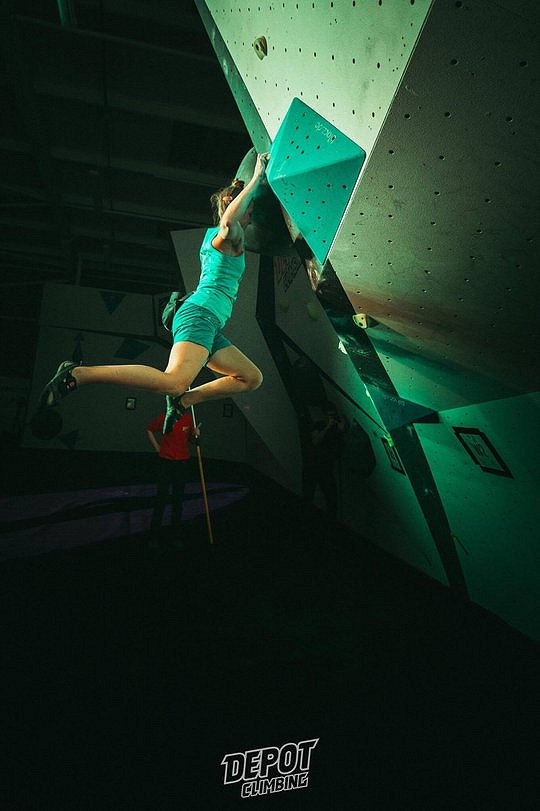
In our time at university, the club has always strived to encourage people of all genders and backgrounds to take up climbing and explore the UK. In doing so, the EUMC gives people a sense of self confidence and adventure beyond their university degree, which they can also take away with them after graduation. This Girls Bouldering Night became oversubscribed within 12 hours of publication, so it appears that women appreciate the opportunity to have the space to climb with each other. With such high demand for this event, we are considering exploring options for other similar events.
We hope that through an innovative approach, different events can lead to equal treatment, rather than the same events leading to different treatment and that other clubs and the wider community can be inspired to do the same.

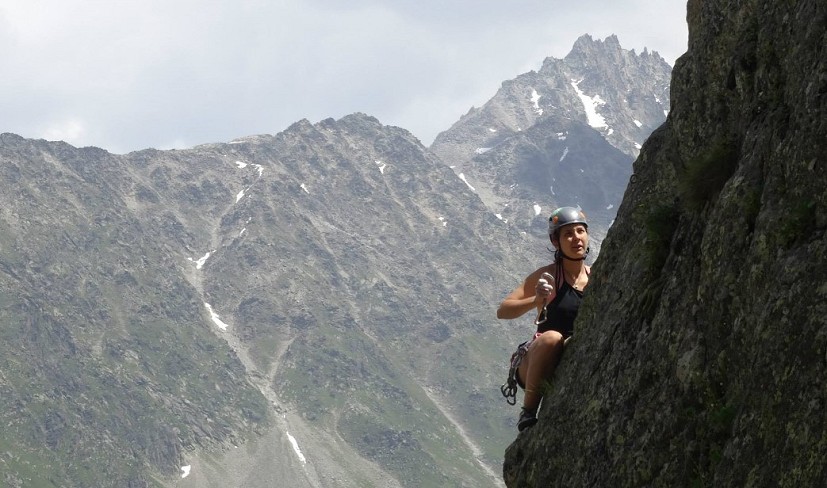
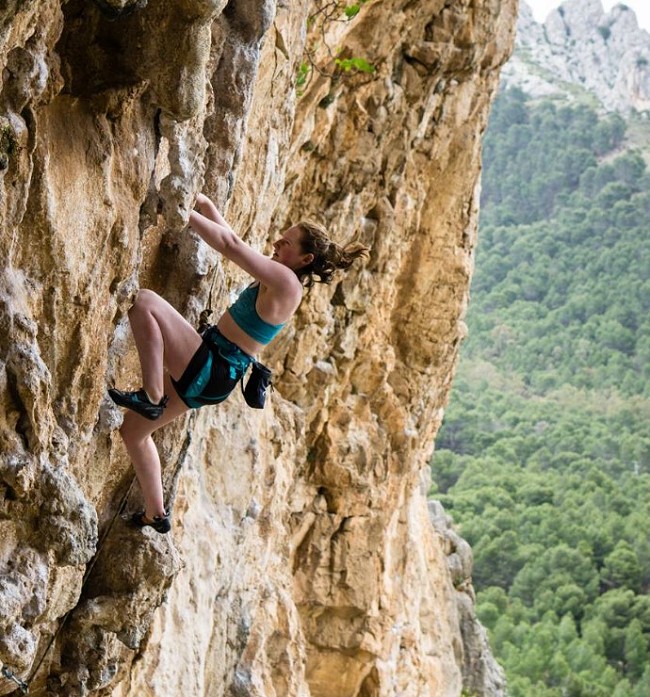
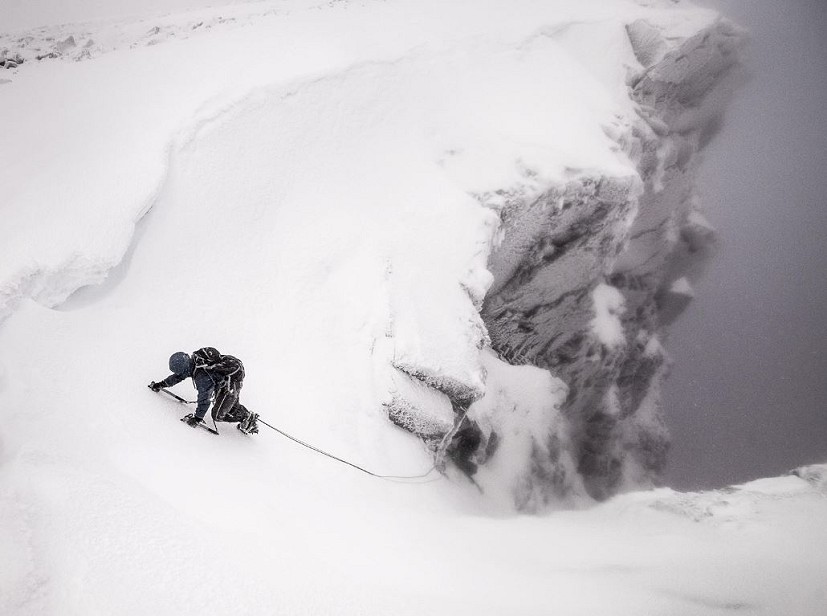
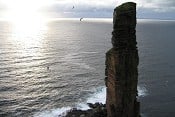
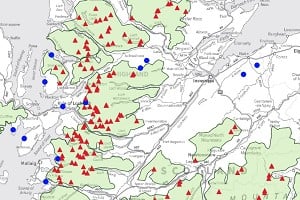

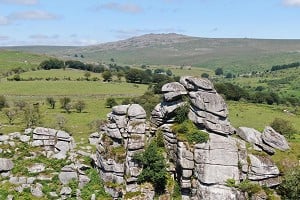
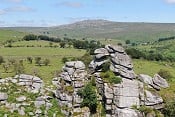








Comments